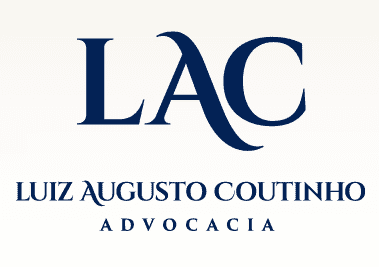Content
The significance of social support reported here underlines the importance of social context in addictive disorders and in their resolution. In clinical settings, it is critical to learn about clients’ social networks and about network members’ attitudes toward abstinence and recovery. Finally, clinicians should emphasize the importance of establishing and maintaining affiliation with recovery support groups such as 12-step fellowships. The important role of clinicians in referring clients to 12-step groups has been consistently recognized (e.g., Caldwell, 1999; Humphreys, 1997; Cross et al., 1990; Vaillant, 1983). There is evidence that 12-step affiliation patterns are often set early on when clients are in treatment and remain rather consistent in the early recovery process (e.g., Weiss et al., 2000). Providing available recovery resources after treatment is perhaps the best way to enhance the likelihood that short-term abstinence become long-term recovery.
We capitalize on the sunny weather and the tranquility of our beachfront location to unwind the chaos of addiction. At Tranquil Shores, you can let go of your https://stylevanity.com/2023/07/top-5-questions-to-ask-yourself-when-choosing-sober-house.html fears in a calming environment and begin to rebuild a healthier lifestyle. We provide individualized treatment programs to meet your specific needs and goals.
Get started on the road to recovery
Ninety days is the length of rehab trained professionals in the field of addiction recommend whenever possible. A full ninety days of inpatient treatment can be a life-saver for people with severe addictions or who have been struggling for many years. Anyone with a mental health disorder that could be aggravating their addiction or behavioral health issues, will benefit from these longer programs.
How long does it take a person to overcome their addiction?
This stage can last from six months to five years, depending on the severity of the addiction and the individual's genes and experience. It takes a small minority of people six months of abstinence to reach the point where they don't go back to their addictive behavior.
Reliance on any information provided by this website is solely at your own risk. Success is not guaranteed, but some treatment is always better than none. However, a majority of people with substance use disorder do not get help. According to the SAMSHA National Survey on Drug Use and Health, 21.7 million people aged 12 or older needed addiction treatment in 2015, yet just 2.3 million went to rehab.
Are you struggling with an addiction?
In fact, the National Institute on Drug Abuse estimated that the relapse rate for drug addiction is between 40 and 60 percent. If you or a loved one is ready to overcome an alcohol addiction, reach out today. Treatment providers can connect you with programs that provide the tools to help you get and stay sober. If you or a loved one is struggling with an alcohol addiction, there are options.

